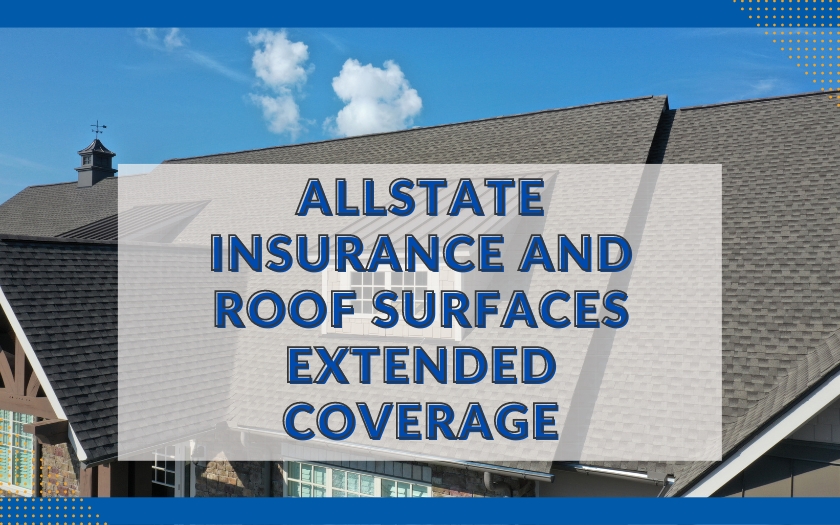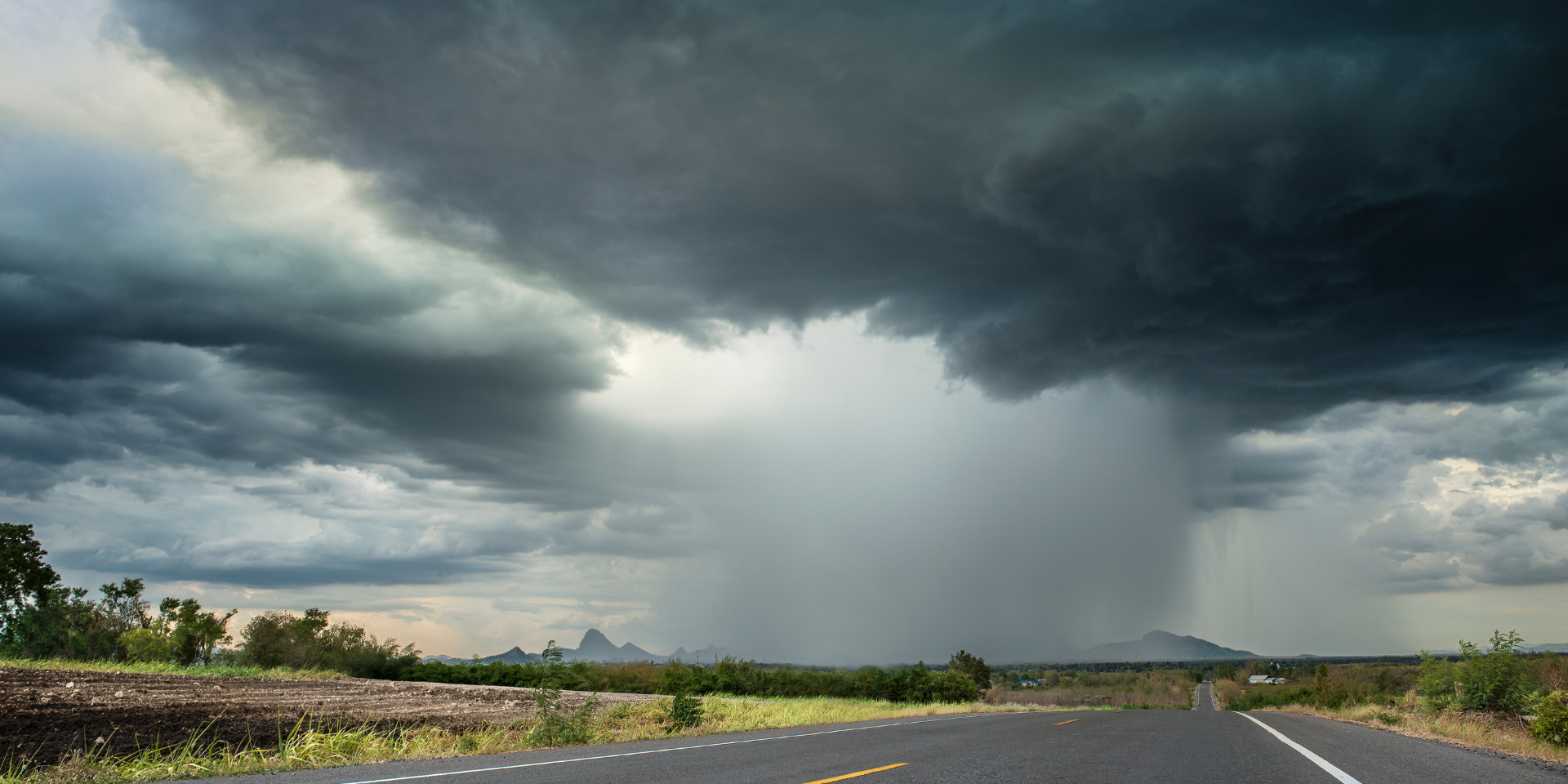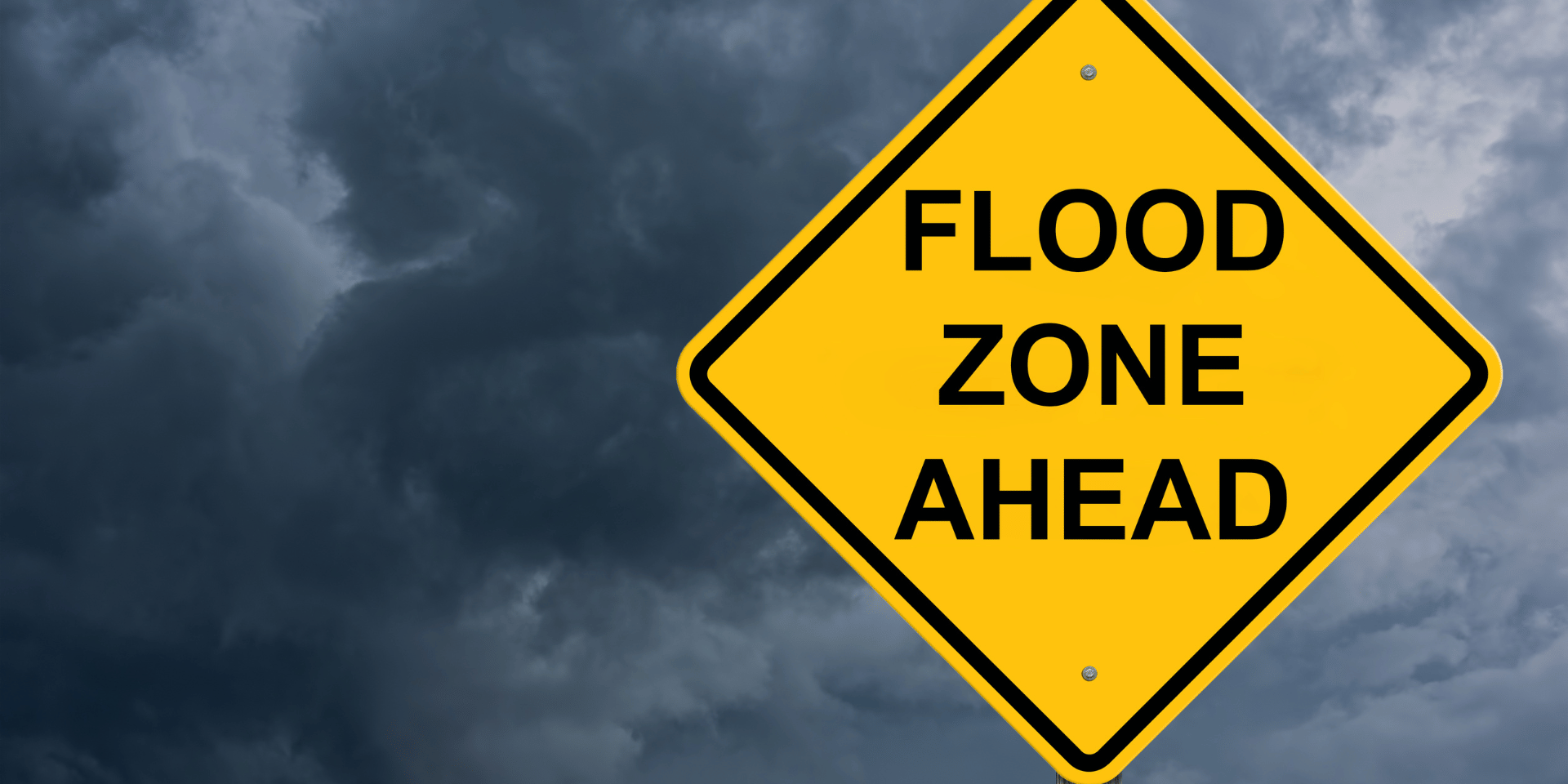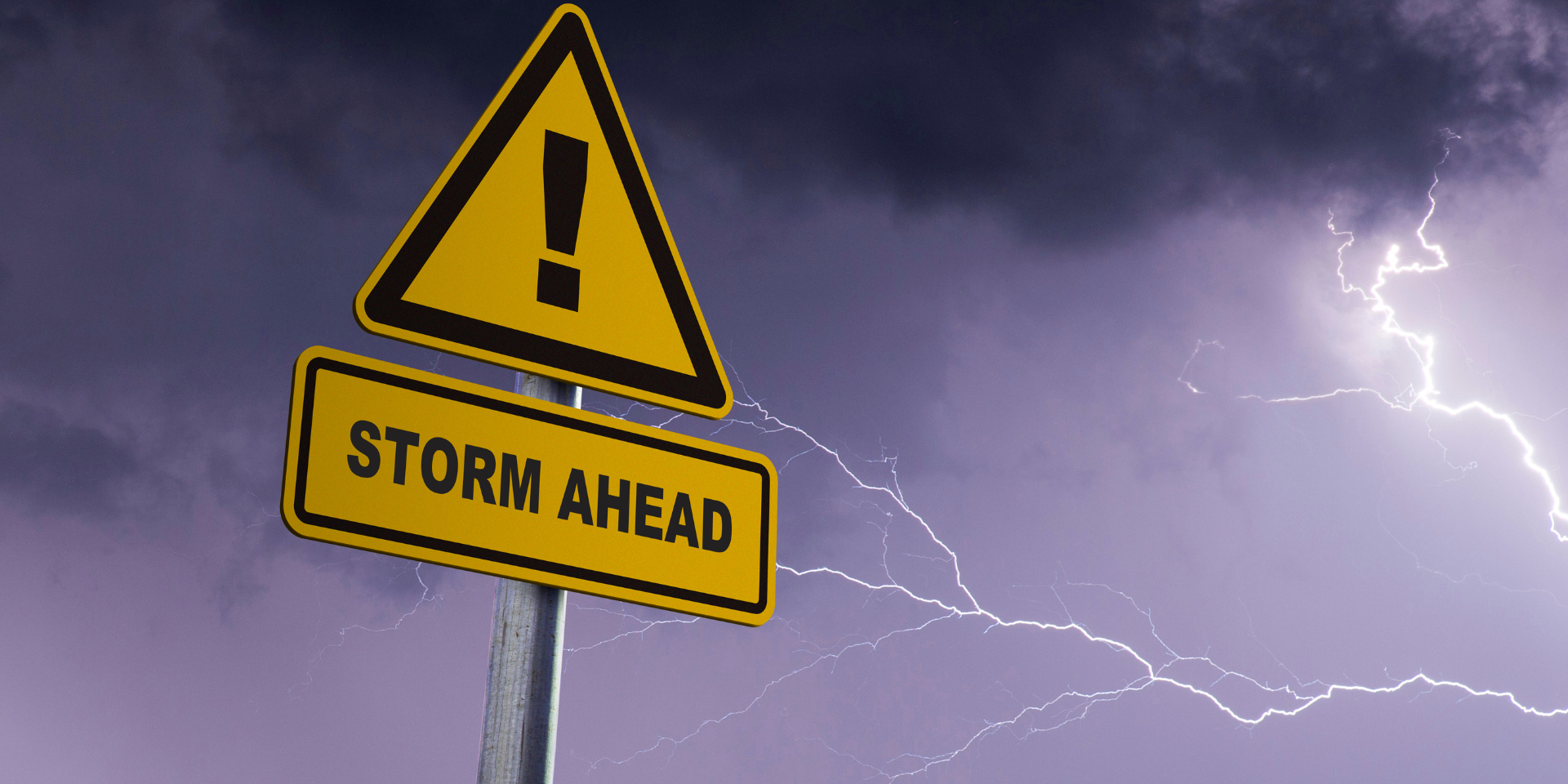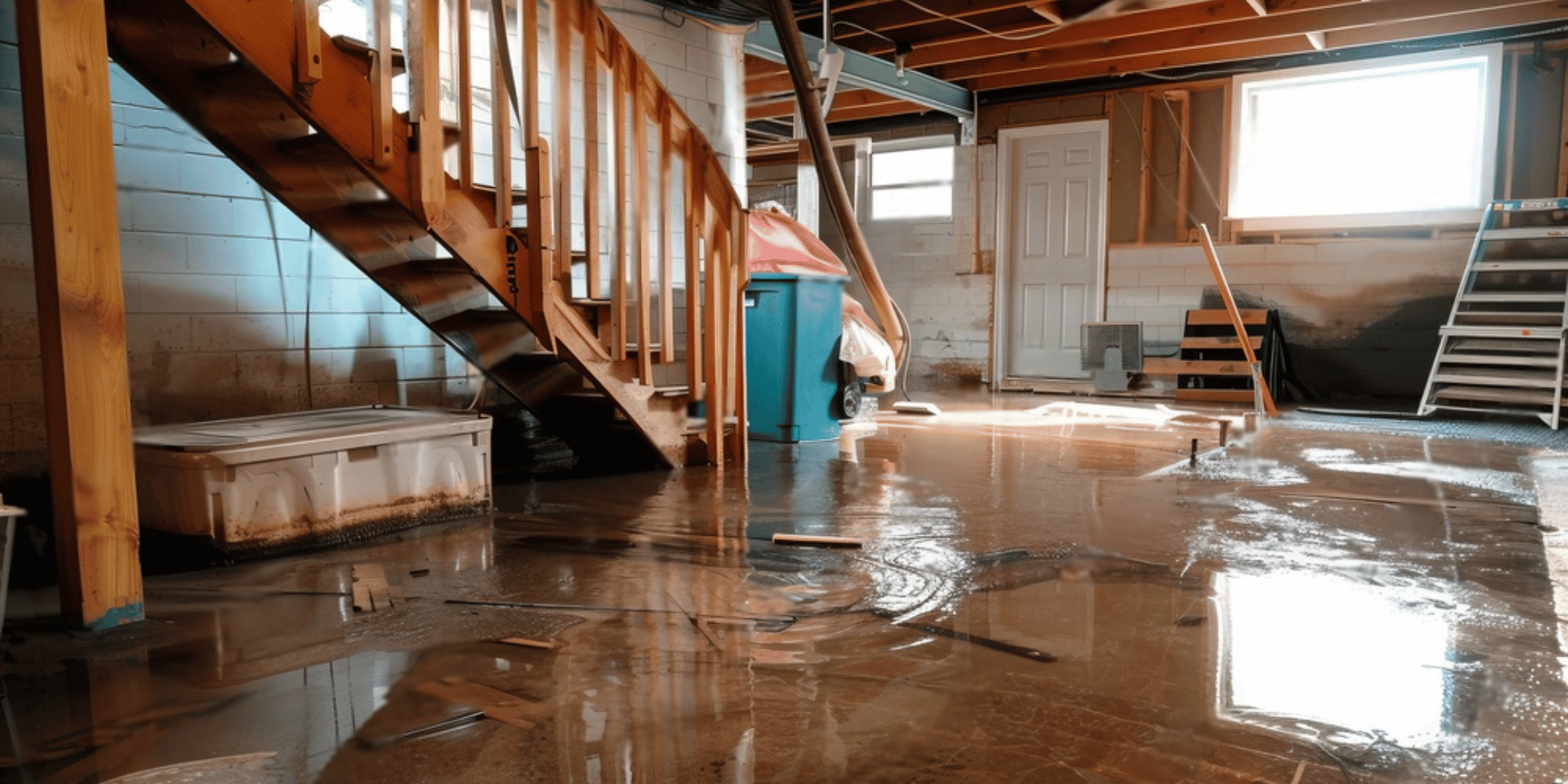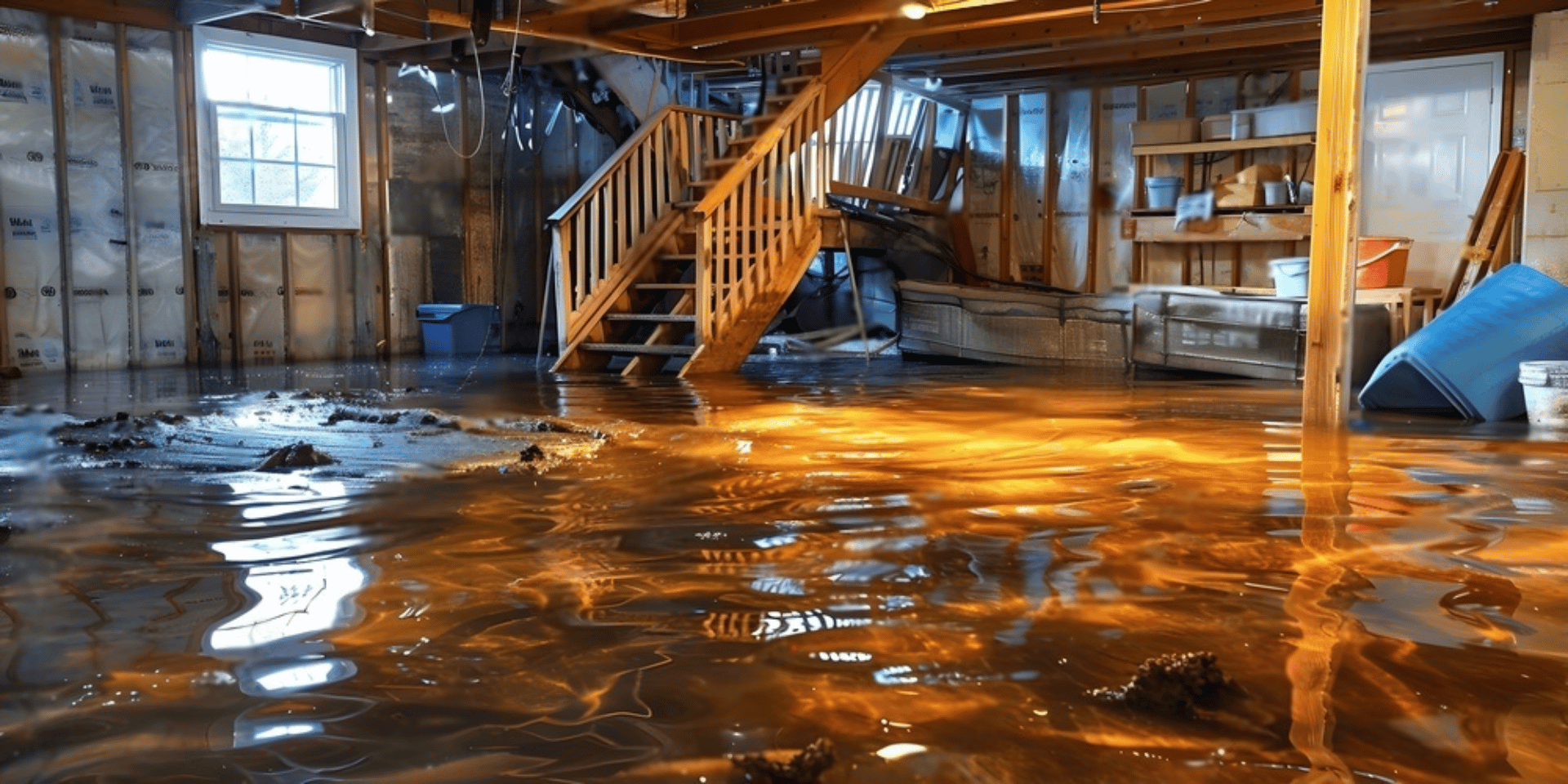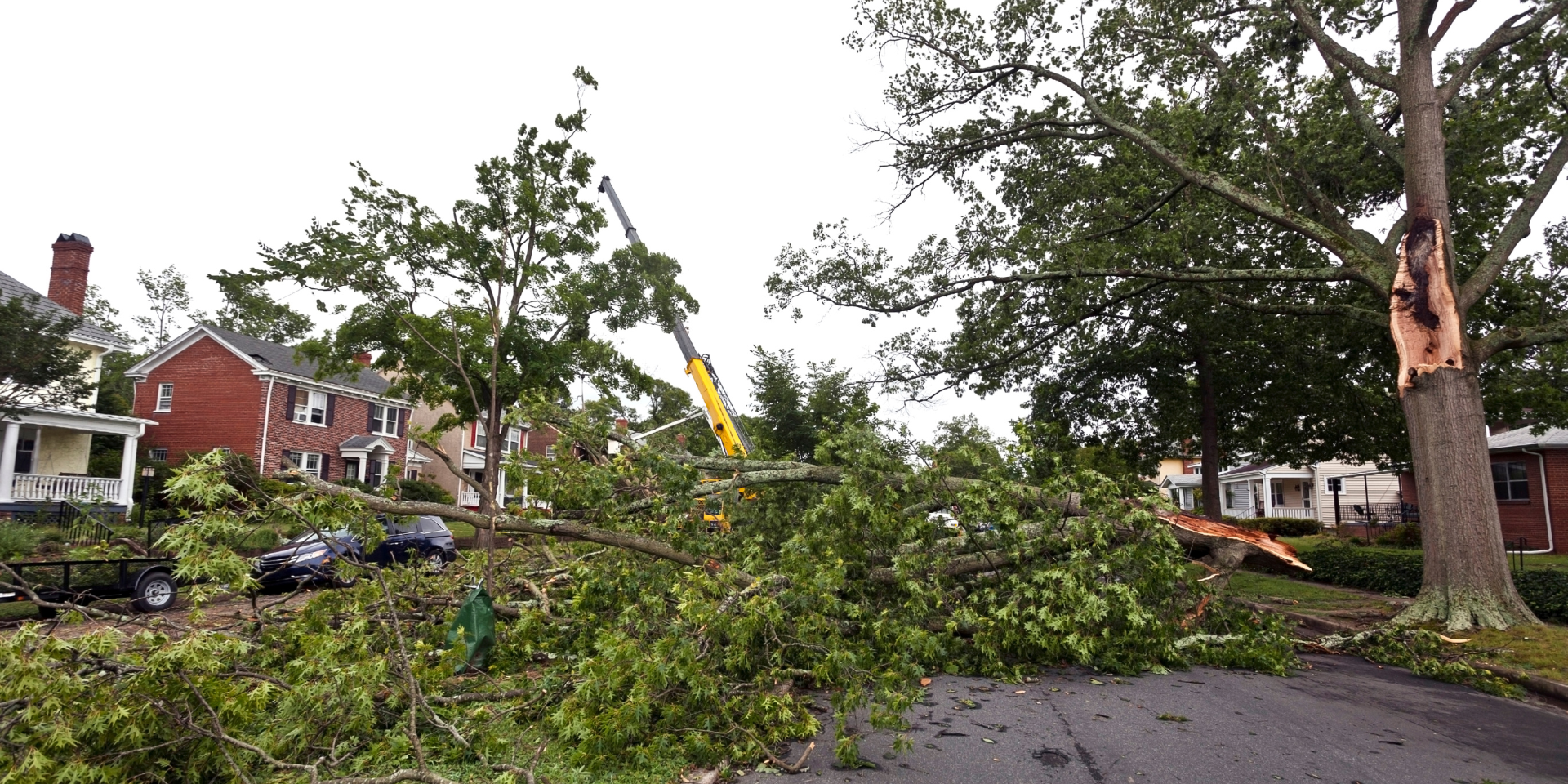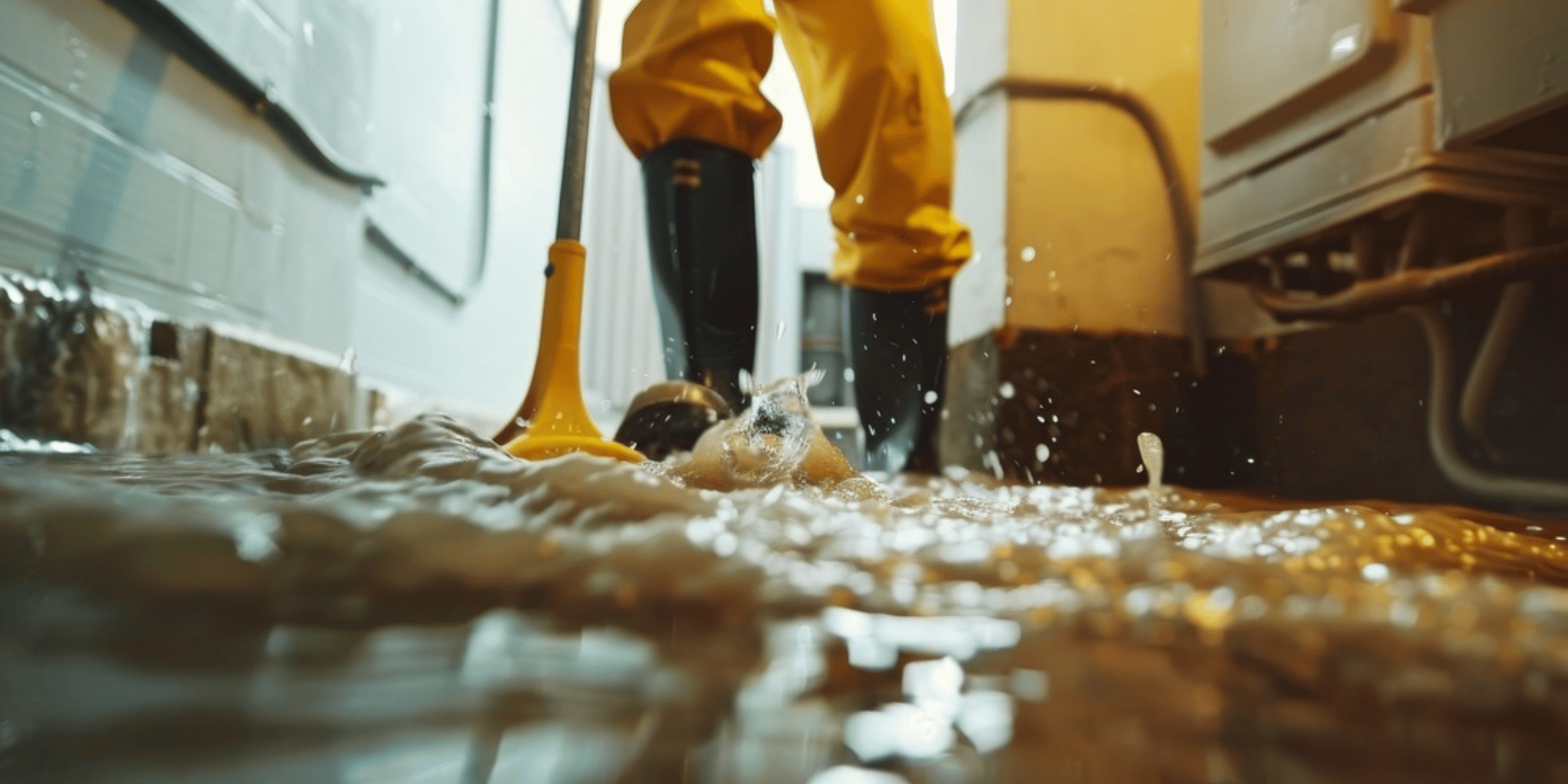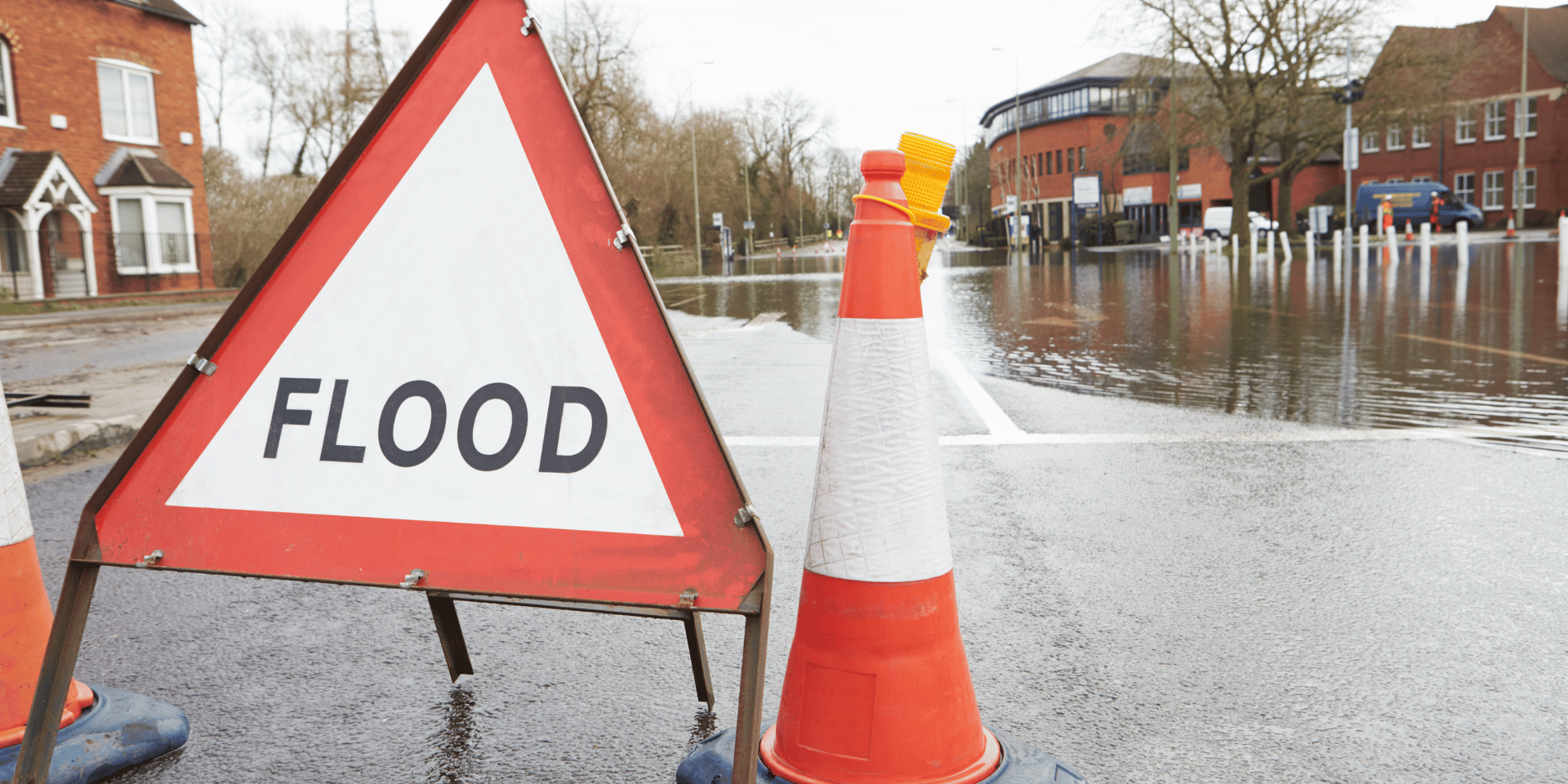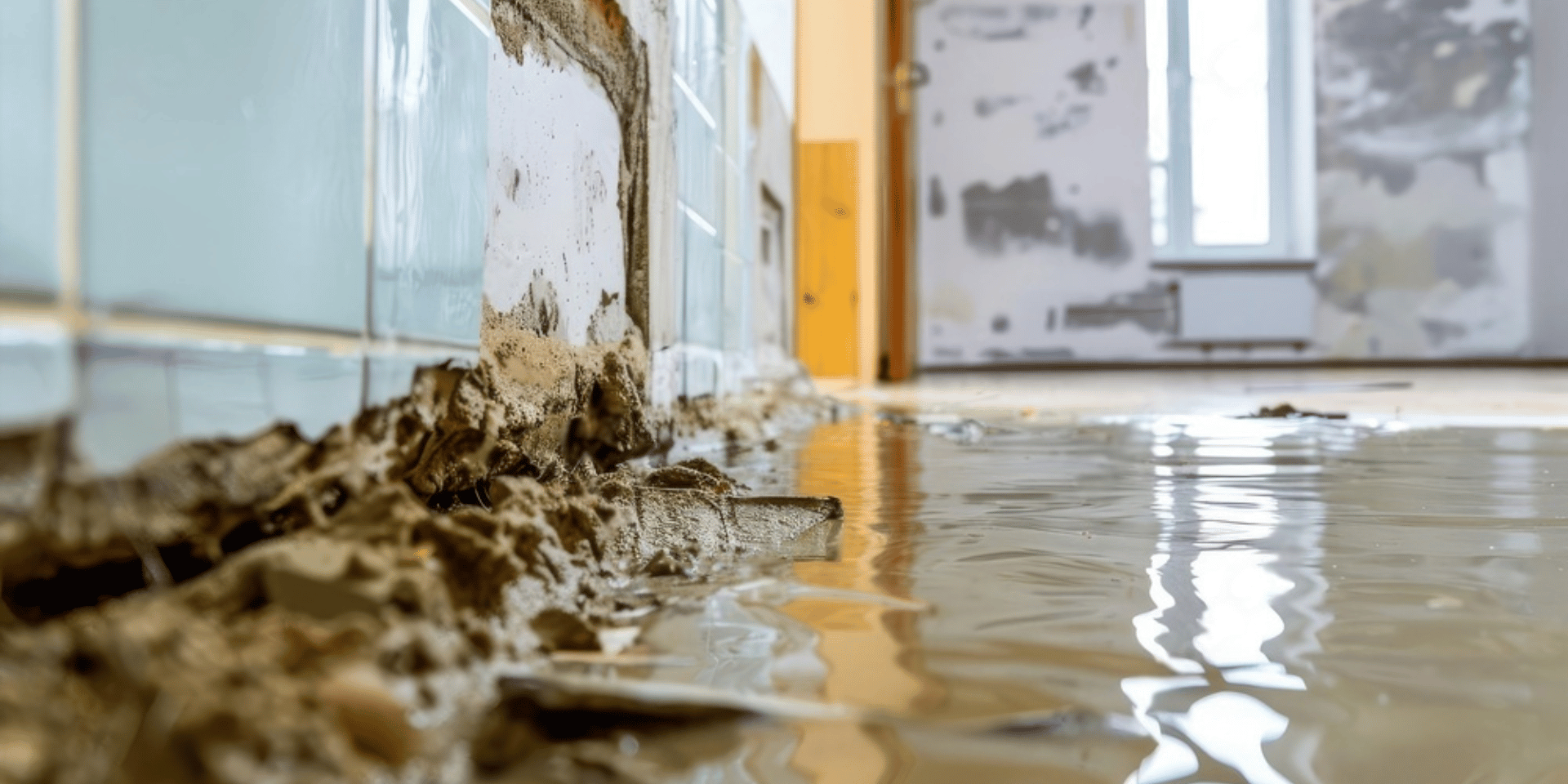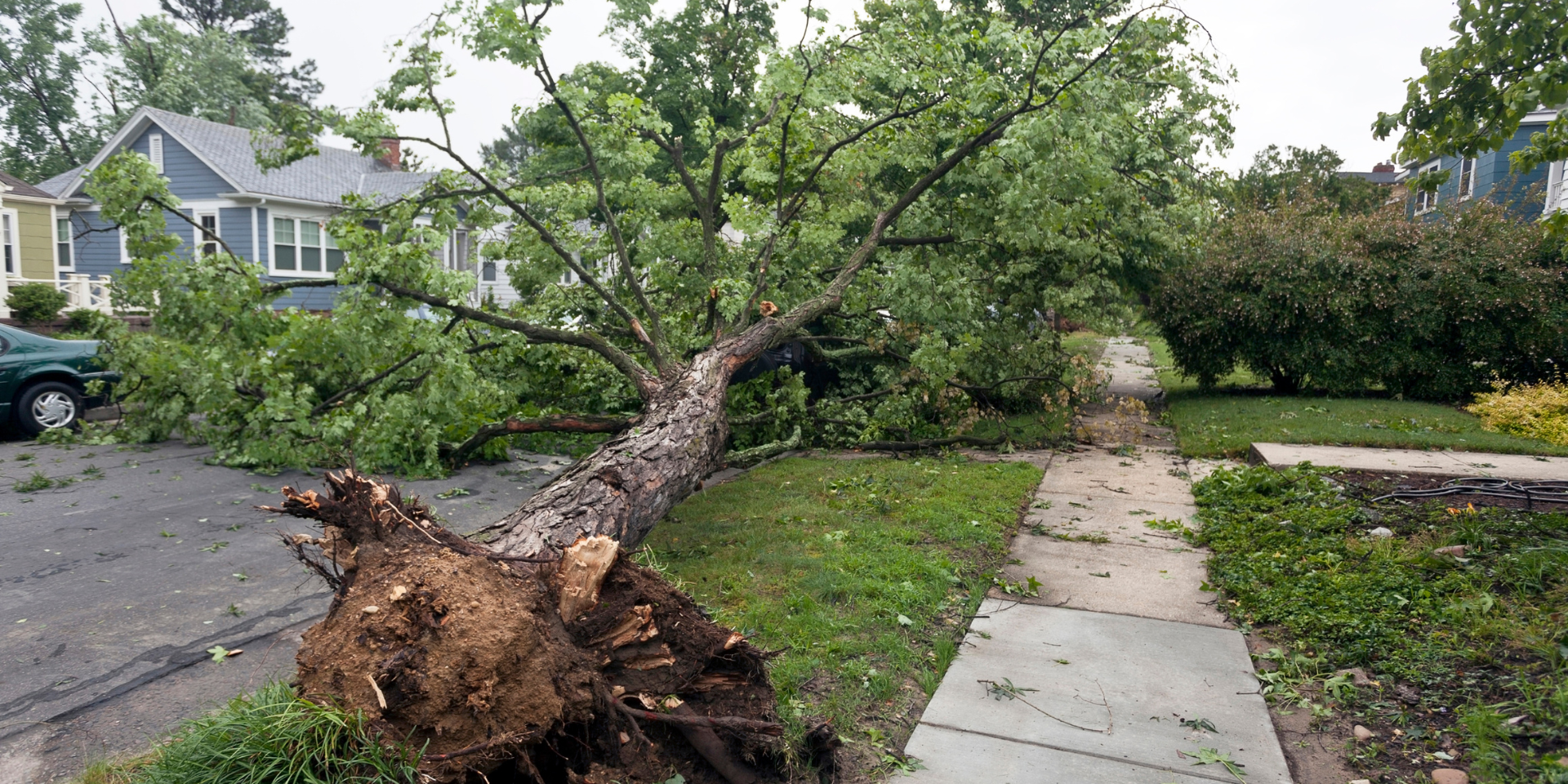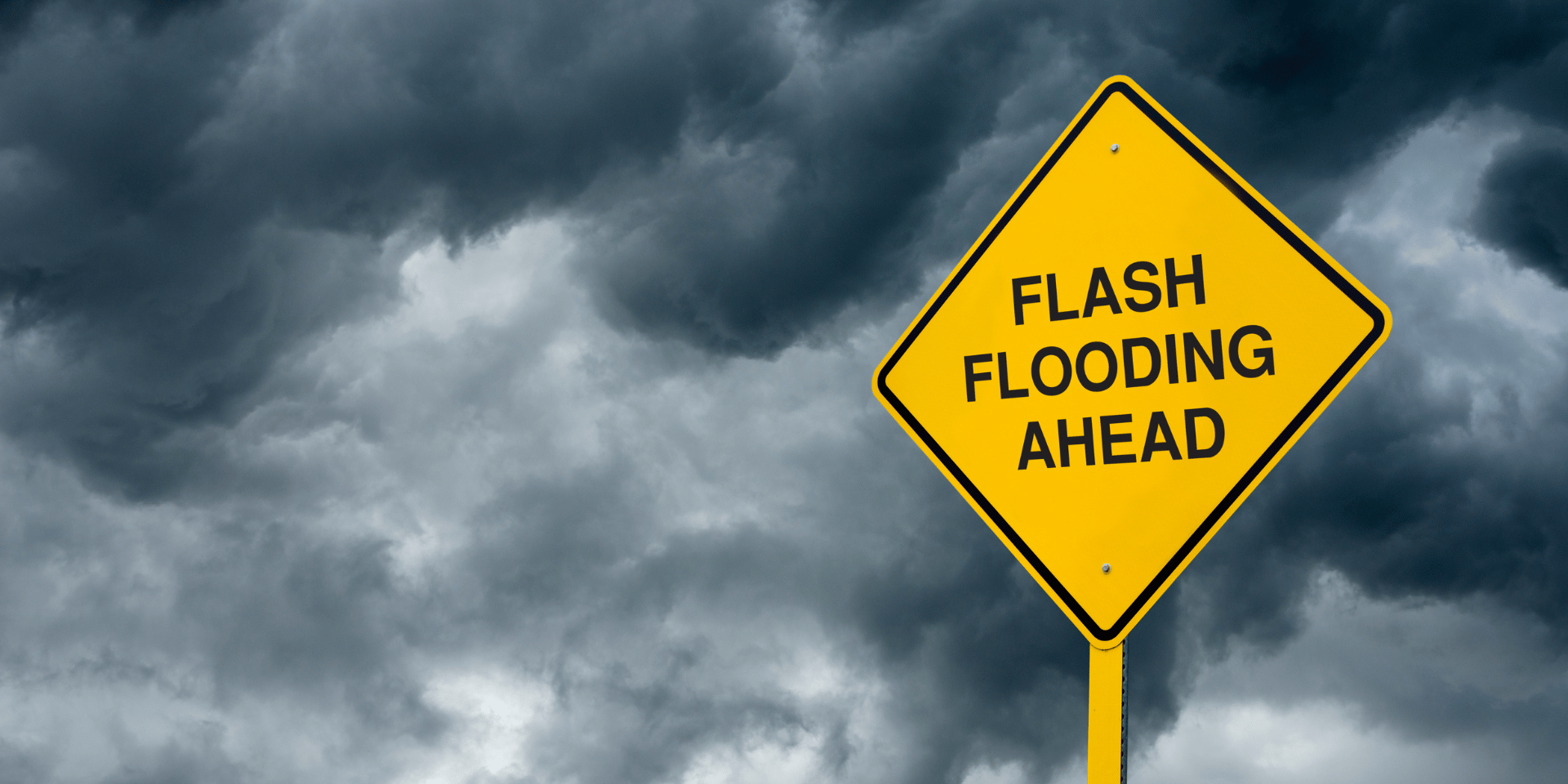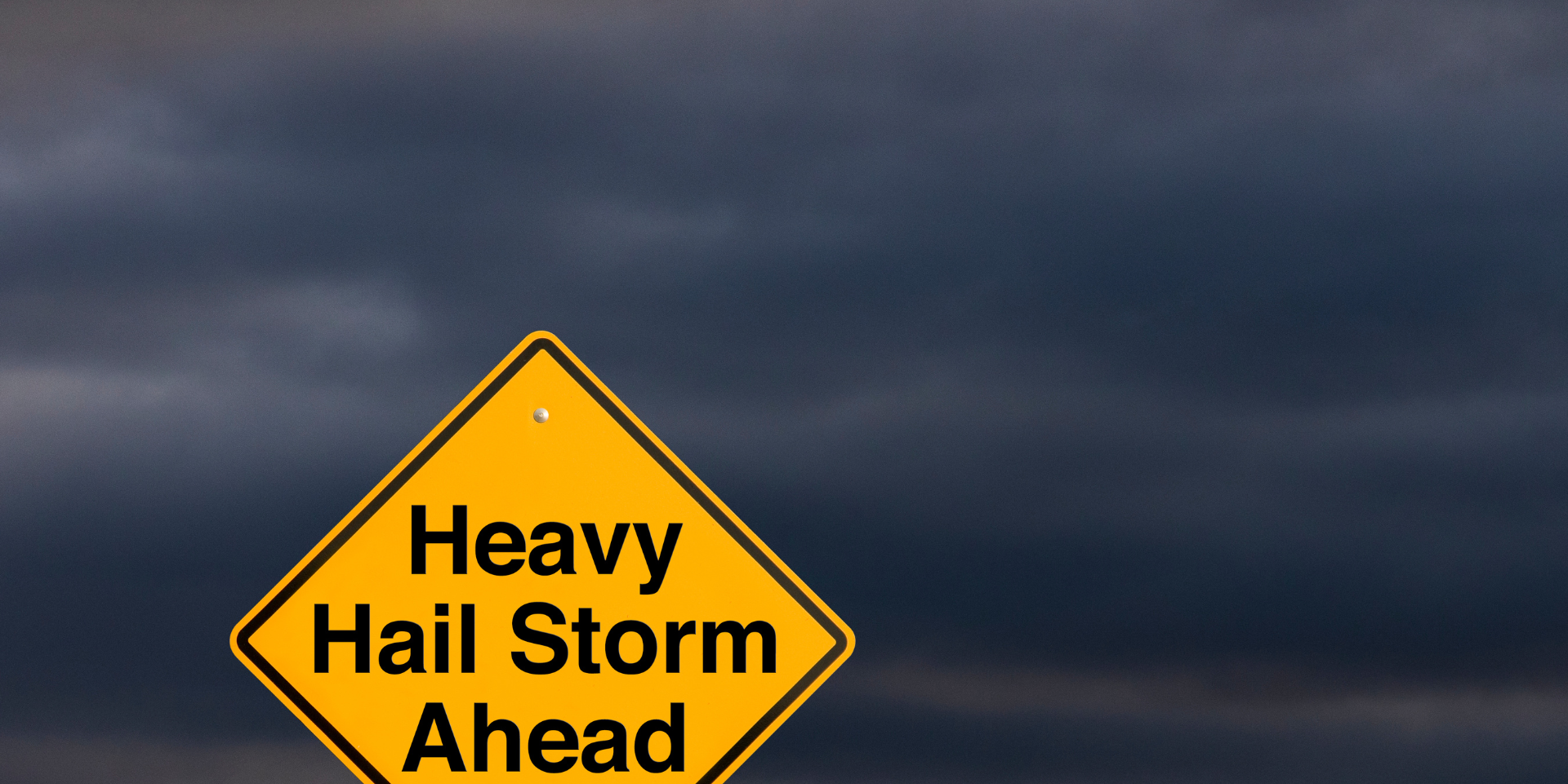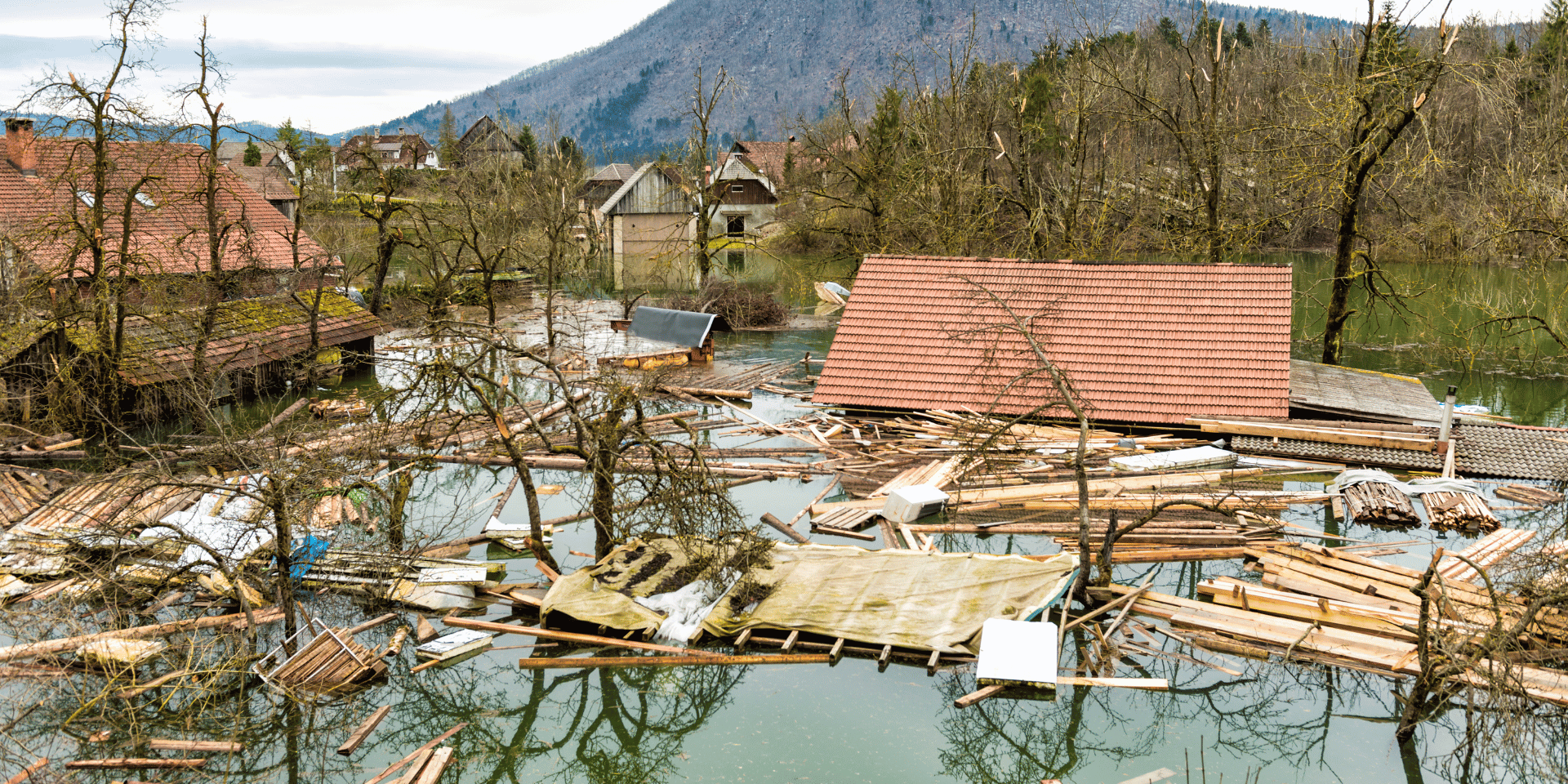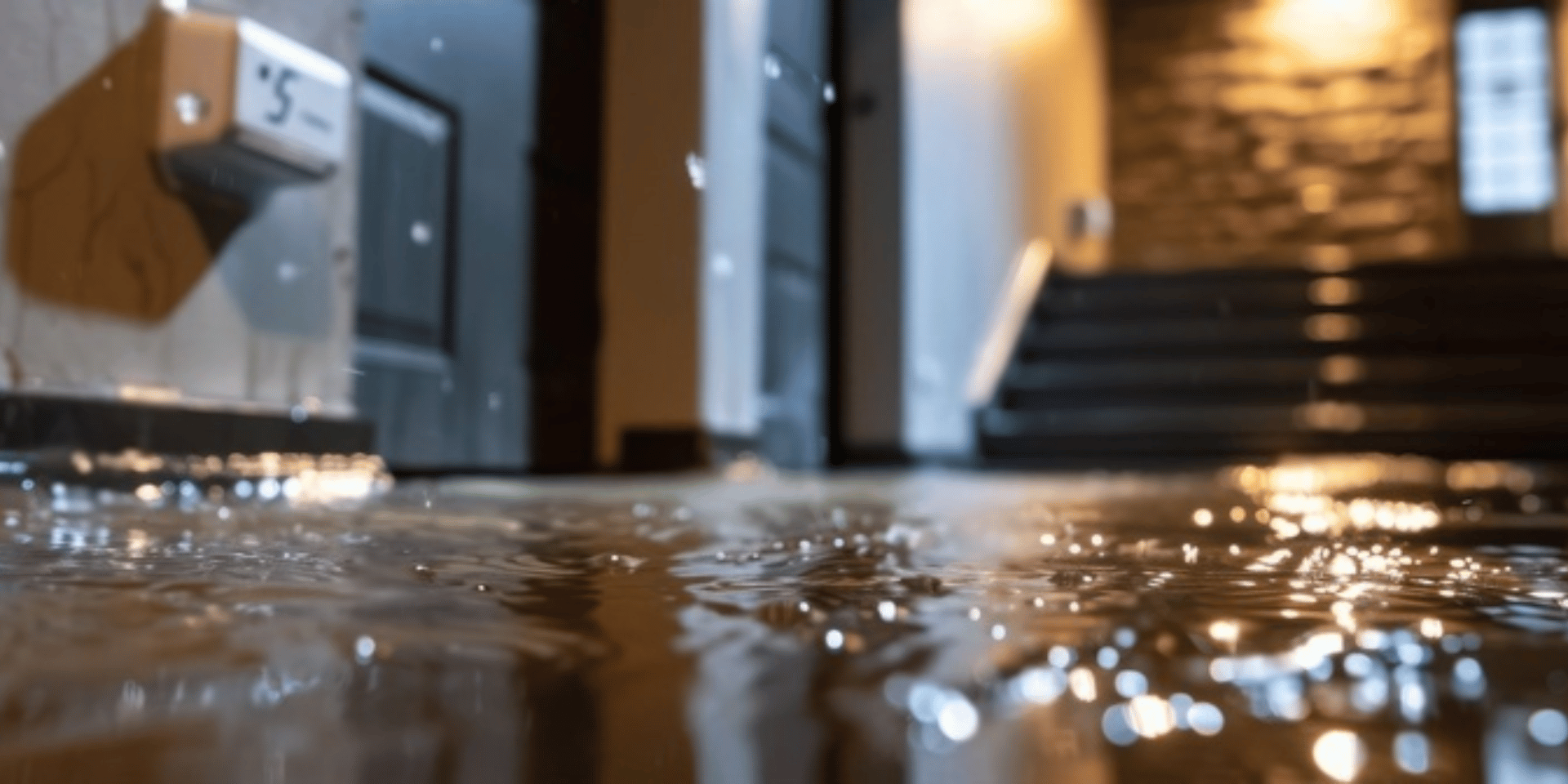In the aftermath of property damage, some homeowners may be tempted to take matters into their own hands and embark on a do-it-yourself (DIY) repair project. While the DIY approach can be appealing, it’s crucial to understand the potential effects this choice may have on an insurance claim. In this article, we’ll delve into how DIY repairs can impact insurance claims, providing insights and examples to help you make informed decisions.
Lack of Professional Documentation
Lack of Professional Documentation: When filing an insurance claim, comprehensive documentation of the damage is essential. Professional documentation from licensed contractors or restoration experts helps establish the extent of the damage, ensuring accurate evaluation and appropriate compensation. By choosing DIY repairs, homeowners risk missing out on this critical documentation, which can weaken their claim and lead to disputes with the insurance company.
Example: After a severe storm, a homeowner experiences roof damage. Instead of hiring a professional roofer, they decide to repair the roof themselves. When filing a claim, the insurer requests documentation from a licensed roofer to assess the damage accurately. However, the homeowner’s DIY repairs lack professional documentation, making it difficult to determine the actual scope of the damage.
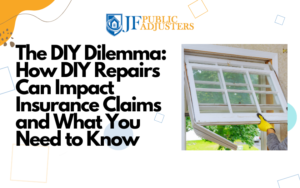
Potential Inadequate Repairs
Potential Inadequate Repairs: DIY repairs may not always meet industry standards or match the level of craftsmanship provided by professionals. Insurance policies often require repairs to be conducted by licensed contractors or approved professionals. By opting for DIY repairs, homeowners risk compromising the quality of the repairs and potentially jeopardizing their claim.
Example: A homeowner experiences water damage from a burst pipe and attempts to fix it themselves. However, due to a lack of expertise, they fail to identify and address underlying moisture issues, leading to the growth of mold. When filing a claim, the insurer denies coverage for the subsequent mold damage, citing inadequate repairs as the cause.
Limited Coverage for DIY Repairs
Limited Coverage for DIY Repairs: It’s important to note that some insurance policies may explicitly exclude coverage for DIY repairs or limit the reimbursement amount. If homeowners choose to proceed with DIY repairs, they may assume full financial responsibility for the costs incurred, as the insurance company may not provide full compensation for the repairs.
Example: A homeowner decides to repair a damaged electrical system themselves after a power surge. However, their insurance policy explicitly states that only repairs conducted by licensed electricians are covered. When the homeowner submits a claim for the repairs, the insurer denies coverage, leaving the homeowner solely responsible for the expenses.
Difficulty in Determining Cause and Origin
Difficulty in Determining Cause and Origin: Insurance companies conduct investigations to determine the cause and origin of the damage when assessing claims. DIY repairs may complicate this process, making it more challenging for the insurer to establish the exact cause and evaluate the claim accurately. This can lead to delays or disputes in the claim settlement. The problem is made a lot worse if it is found that the cause of the fire is poor workmanship done by you.
Example: A homeowner experiences a fire caused by faulty wiring in their home. Instead of hiring professionals, they attempt to repair the wiring themselves. When the insurer investigates the claim, the DIY repairs make it difficult to ascertain the initial cause of the fire, leading to a prolonged and complex investigation process.
Potential Voiding of Coverage
Potential Voiding of Coverage: Engaging in DIY repairs without the insurer’s consent can potentially violate the terms and conditions of an insurance policy. If the insurer determines that the homeowner’s DIY efforts breach the policy, they may void coverage for the specific claim or even cancel the entire policy, leaving the homeowner without any insurance protection.
Example: A homeowner decides to install a new security system themselves after a break-in. However, their insurance policy explicitly states that any modifications or installations must be performed by authorized professionals. When the homeowner experiences a subsequent burglary and files a claim, the insurer denies coverage due to the homeowner’s violation of the policy terms.
Safety Concerns
DIY repairs can also pose safety risks if not executed properly. Insurance companies prioritize the safety of their policyholders, and if it’s determined that the DIY repairs compromise safety standards, it could impact the outcome of the claim and the coverage provided.
Example: A homeowner attempts to repair a gas leak themselves without the necessary knowledge and equipment. This DIY effort results in a hazardous situation, posing a risk to themselves and their neighbors. When filing a claim for the damage caused by the gas leak, the insurer may deny coverage due to the homeowner’s unsafe repair practices.
While DIY can be a viable option for certain projects in your property, such as small design updates or cosmetic enhancements, it’s crucial to recognize the limitations. When it comes to structural repairs or complex systems like plumbing, electrical, or roofing, it’s best to leave it to the professionals. These areas require specialized knowledge, expertise, and adherence to building codes and safety regulations. By limiting DIY to non-structural aspects, you can strike a balance between personal involvement and ensuring the integrity and safety of your property.
While the appeal may be strong, it’s crucial to consider how DIY repairs can impact insurance claims. Homeowners should thoroughly review their insurance policy, consult with their insurance provider, and assess the complexity and risks involved in DIY repairs before making a decision. In many cases, involving licensed professionals who can ensure repairs are conducted to necessary standards and provide appropriate documentation is the best course of action.
Remember, the goal is to navigate the claims process smoothly and secure appropriate compensation for the damages sustained. By making informed decisions and working in alignment with insurance policy requirements, homeowners can protect their interests and ensure a smoother claims experience.
Note: This article is for informational purposes only and should not be considered as legal or financial advice. Consult with insurance professionals for personalized guidance regarding your specific insurance needs.
We hope this article provides valuable insights into how DIY repairs can impact insurance claims. By understanding these consequences, homeowners can make well-informed choices when faced with property damage.
If your property sustains damage due to an insured event such as fire, broken pipes, windstorm, or other insured event, give us a call and we’ll be happy to discuss what we can do for you. We help policyholders successfully manage their water damage insurance claims and ensure that they receive the best possible settlement so that their homes are restored to their pre-loss condition as quickly and efficiently as possible.
Unsure if your insurance will cover the damage? Contact us anyway.
JF Public Adjusters offers a free claim review and consultation. Call or text (917) 272-8793.
Contact Us
You can reach us via phone or text at (917) 272-8793.
GET IN TOUCH!
The Leading Property Damage Experts Are Here To Help
CONTACT NEW YORK’S HIGHEST RATED PUBLIC ADJUSTER IMMEDIATELY BY CALLING OUR OFFICE OR BY COMPLETING THE FORM.
CALL US FOR FREE



